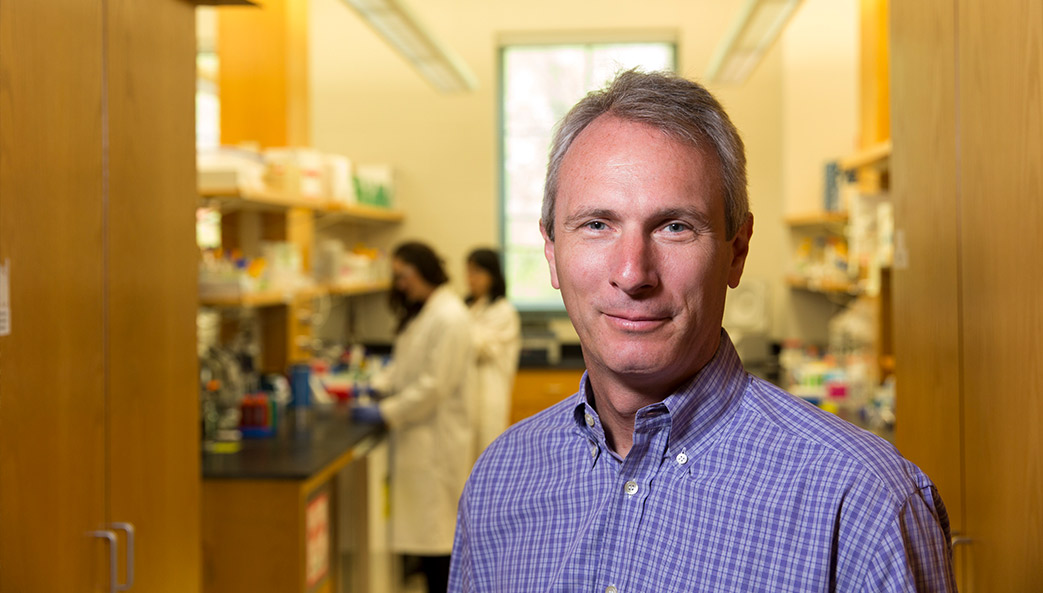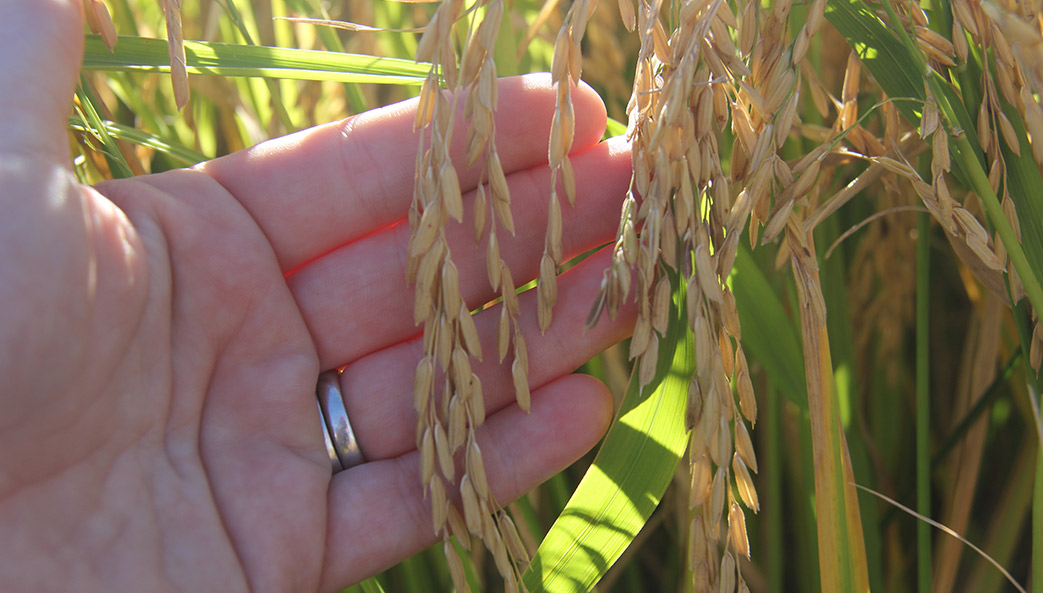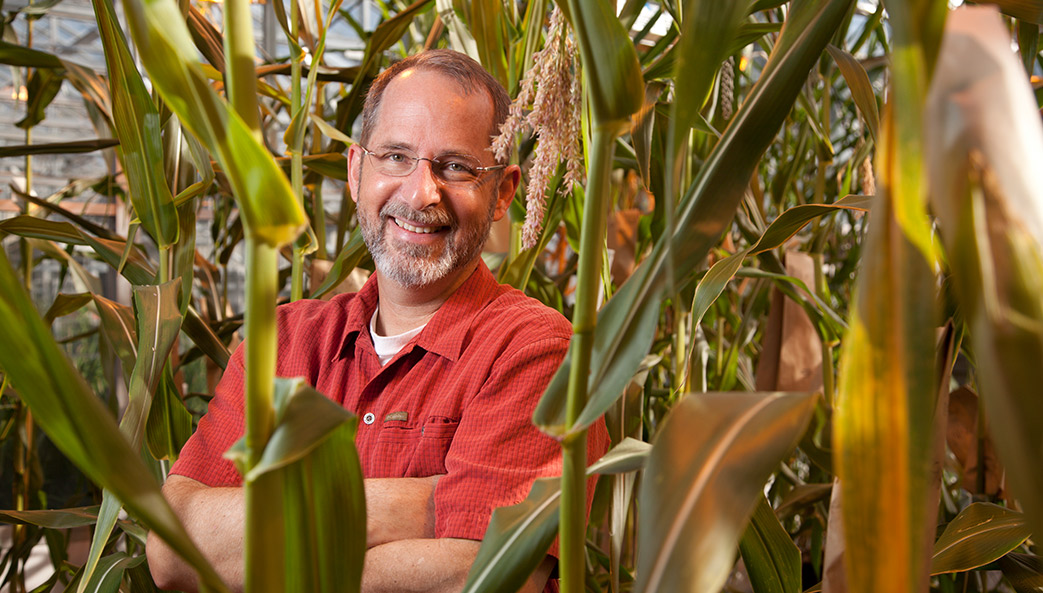An international group of scientists that includes researchers from UGA has cracked the genetic code of the peanut. Results of the five-year project give scientists a map with which to unlock the plant’s potential.
This discovery by the Peanut Genome Consortium—a group of scientists from the U.S., China, Japan, Brazil, Argentina, Australia, India, Israel and several countries in Africa—gives scientists the capability to find beneficial genes in cultivated and wild peanuts. This genetic knowledge should enable the breeding of new peanut varieties with enhanced traits like greater yields and improved nutrition.
“Study of peanut genome structure and order makes a great detective story, where many clues are found and linked together to unlock mysteries of genetics and gene regulation,” says Scott Jackson, co-chair of the consortium, Georgia Research Alliance Eminent Scholar, and professor at the College of Agricultural and Environmental Sciences.
“Peanuts are already more sustainable and affordable than any nut available today,” says Bob Parker, president and CEO of the National Peanut Board. “I don’t know that any of us can fully articulate what this advance means to our ability to grow more peanuts with fewer resources to feed the world.”
This brief appeared in the spring 2018 issue of Research Magazine. The original story is available at https://www.caes.uga.edu/news/story.html?storyid=6452&story=Peanut-Code.






